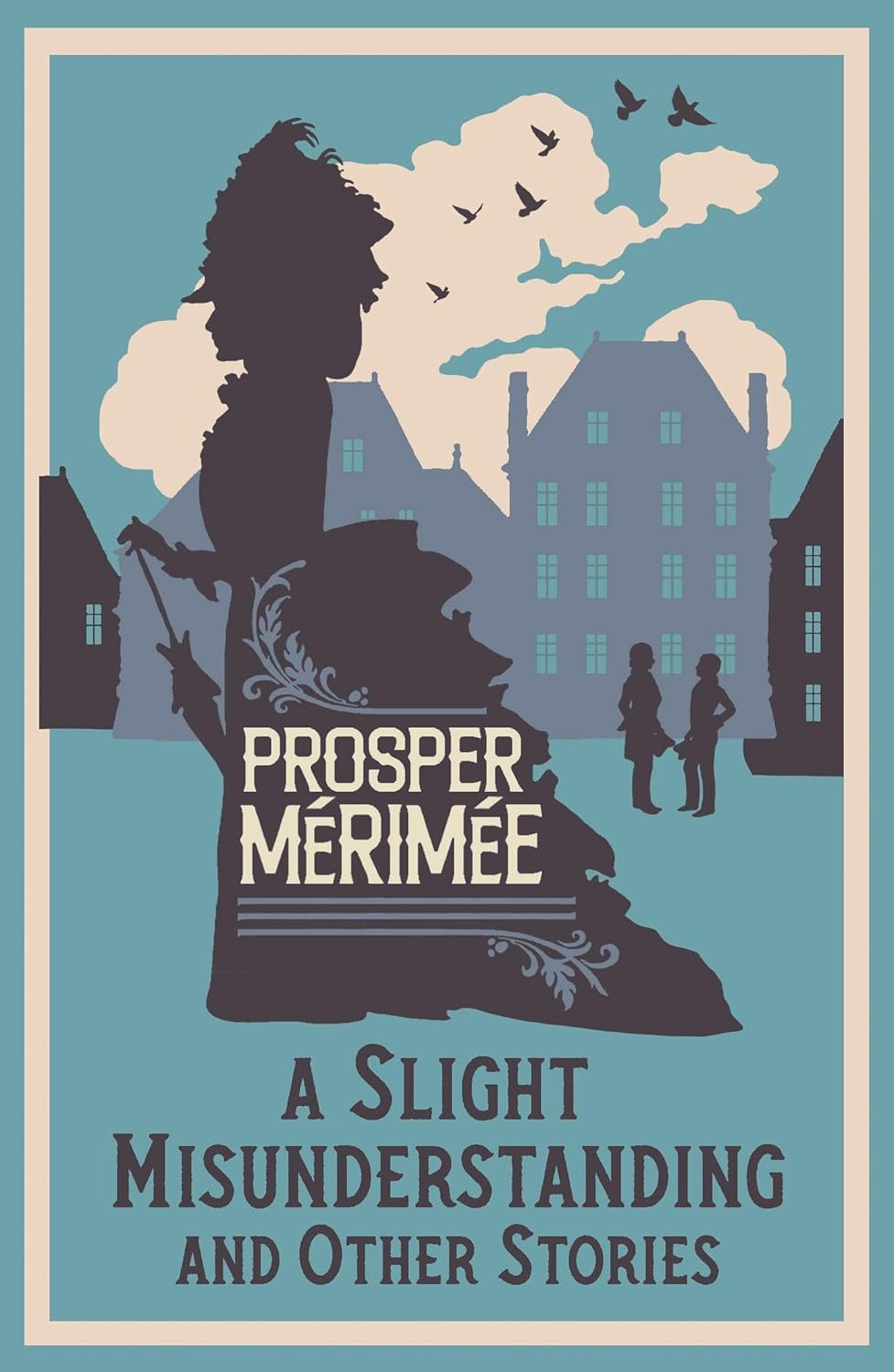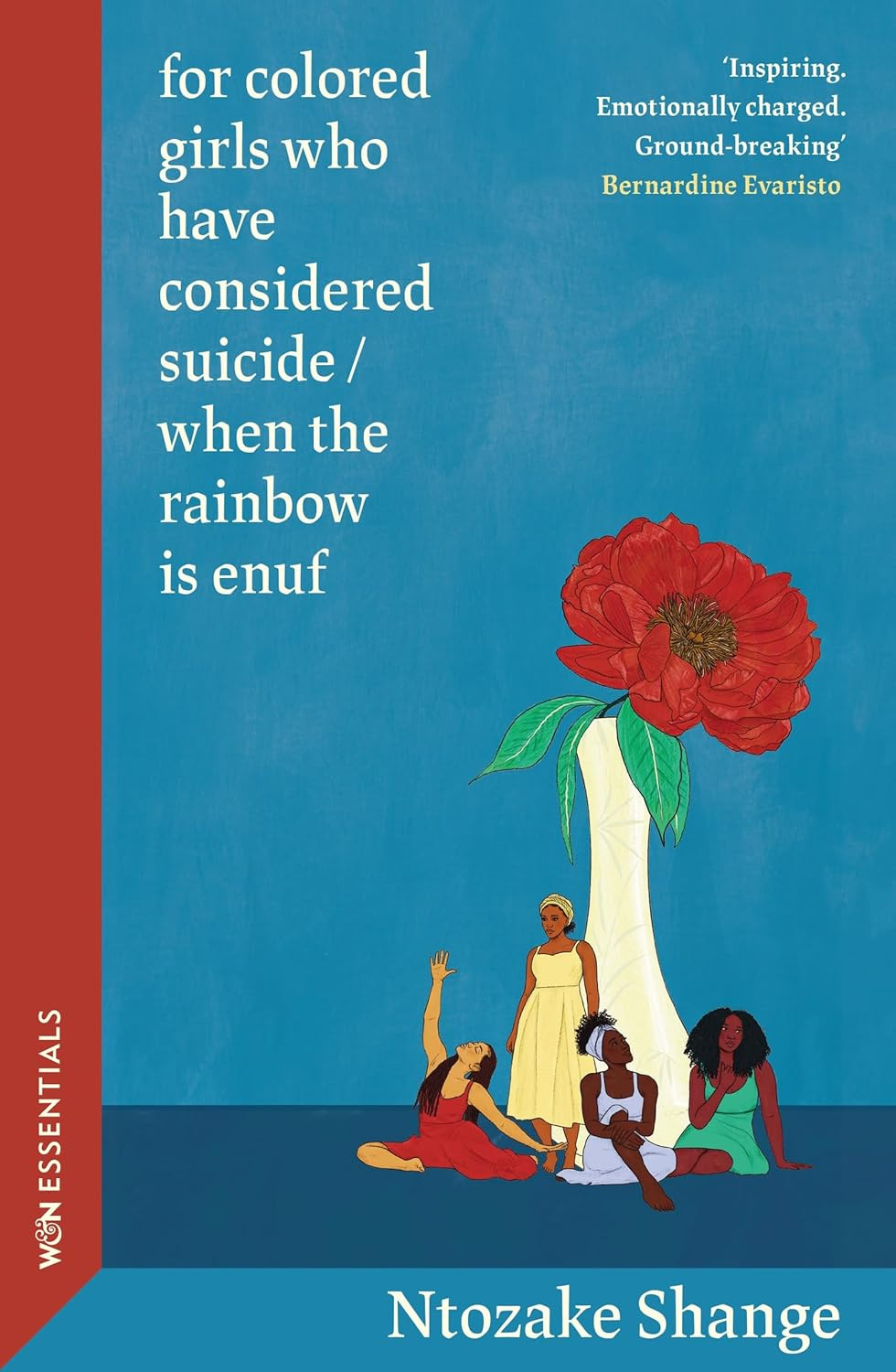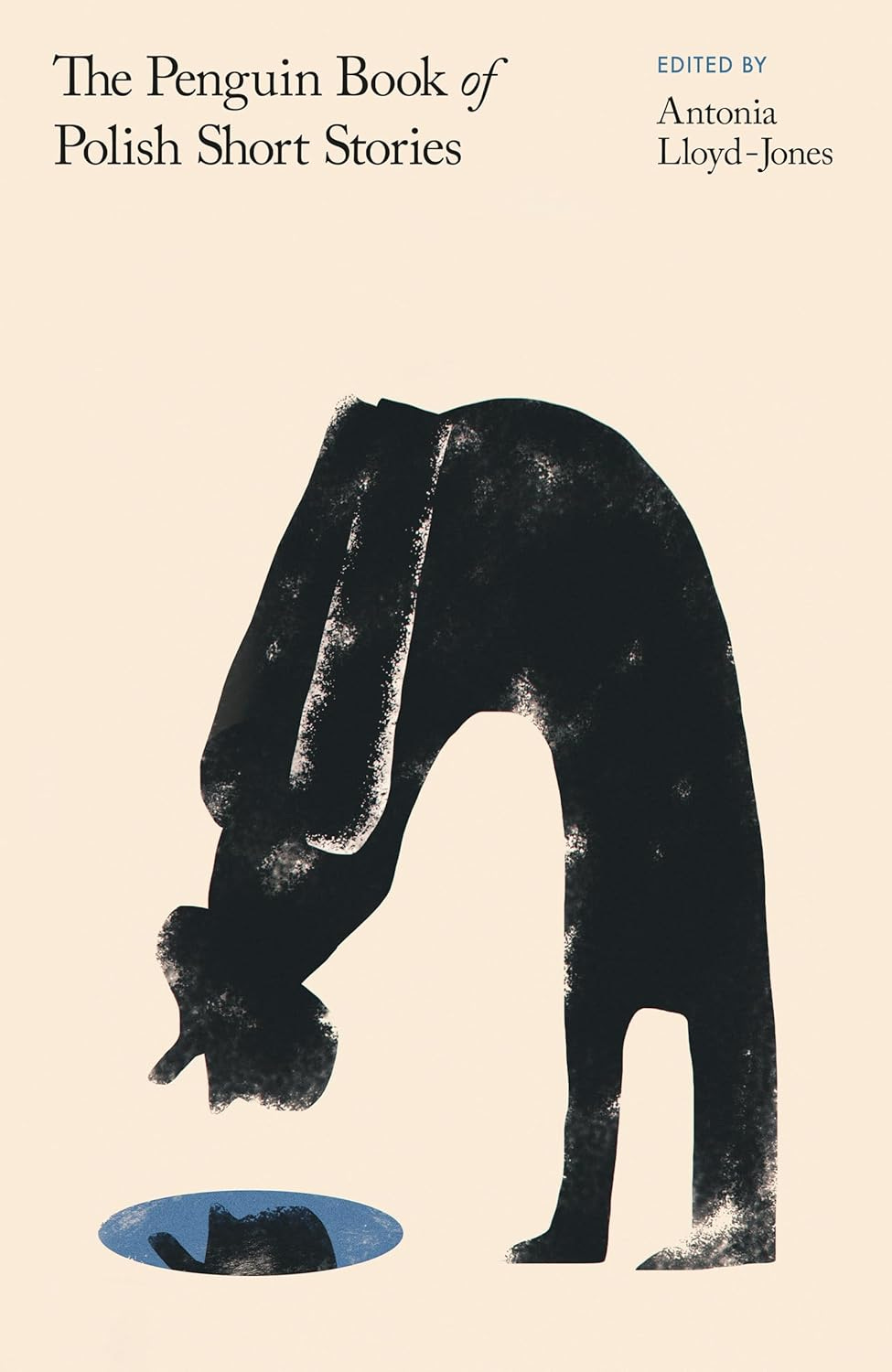Round-up – New Classics, June 2025
From Bessette and Châteaureynaud to Tea and Vaginov
Dear classics readers,
This June is a bumper month for new classics – it was hard selecting just ten titles for this round-up. It’s a particularly strong month for literature in translation: we have three French classics on this list, as well as Spanish, Danish, Polish and Russian.
Lili is Crying by Hélène Bessette (1953)
Bessette’s debut novel explores the fraughtness and depth of the troubling relationship between Lili and her mother Charlotte. With a near-mythic quality, Bessette’s stripped-back prose evokes at once the pain of thwarted love – of desire run cold – and the promise of renewal. Lauded by critics on its initial publication in 1953 for its boundary-pushing style, unusual economy of expression, strange humour and sheer vivacity, Lili is Crying announces Bessette’s singular take on the ‘poetic novel’.
UK: Fitzcarraldo Classics #9 | 192 pages | translated by Kate Briggs | introduced by Eimear McBride
US: New Directions | 192 pages | translated by Kate Briggs | introduced by Eimear McBride
The Messengers by Georges-Olivier Châteaureynaud (1974)
An unnamed adolescent drifter wanders through an unnamed country at an unspecified point in time in search of warmth and comfort. He finds it at a farm engaged in festivities but is immediately forced to flee the next morning after coveting the mysterious lady of the estate. Now a fugitive, the vagabond encounters and joins with another, a wry middle-aged man tasked with delivering a message sealed in a tube. The two pursue a dreamlike chain of clues and horror in their mission, encountering―as well as perpetrating―crime and cruelty, until the boy’s former aimlessness develops into an unexpected destiny.
UK / US: Wakefield Press | 172 pages | translated by Edward Gauvin
Miaow by Benito Pérez Galdós (1888)
Ramón Villaamil has been a loyal civil servant his whole life, but a change in government leaves him out of a job and still two months short of qualifying for his pension. Initially optimistic that he’ll be able to find work and pull his family out of their financial straits, he spends his days visiting the Administration, pestering his ex-colleagues to put in a good word for him, and begging his friends in high places for money. At home, Villaamil’s wife, daughter, and sister-in-law—whose feline appearances earn them the nickname “the Miaows”—are unimpressed by Villaamil’s failures, and the only joy left in Villaamil’s life is his young grandson Luis. When Luis’s disgraced father, the handsome and dastardly Víctor Cadalso reappears in their lives with promises of easing their financial burdens, Villaamil has no choice but to allow him back into their midst, even as he knows there is nothing pure about Víctor’s intentions, and that his return could bring them all to ruin.
UK / US: NYRB Classics | 304 pages | translated by Margaret Jull Costa
A Slight Misunderstanding and Other Stories by Prosper Mérimée (1829-66)
Trapped in an unhappy marriage with a boorish, inattentive and socially ambitious husband, Julie de Chaverny enjoys a flirtatious dalliance with the elegant Major de Châteaufort. However, the sudden reappearance of an old admirer, M. Darcy, who has returned from Turkey with a tale of breathtaking derring-do and chivalry to add to his charms, reawakens in Julie a forgotten passion, and convinces her to pursue a rash and dangerous course, one that will have tragic consequences. A masterpiece of psychological insight and a minutely observed social satire, ‘A Slight Misunderstanding’ is here accompanied by other short stories: ‘The Etruscan Vase’, ‘The Vision of Charles XI’, ‘Tamango’, ‘The Blue Room’ and ‘A Hanging’.
UK / US: Alma Classics | 288 pages | translated by Douglas Parmée
A Fortunate Man by Henrik Pontoppidan (1898-1904)
Per Sidenius, the ambitious son of a Lutheran minister, revolts against the stifling religiosity of his family and flees the Danish countryside for the sights and sounds of bustling Copenhagen. Believing the coming twentieth century will be an age of science and industry, Per dreams of completing a large-scale civil engineering project that could transform Denmark into a commercial and industrial giant. When Per gets engaged to Jakobe Salomon, whose wealthy Jewish family is eager to sponsor his project, his personal and professional happiness seem all but guaranteed. At once a vivid portrait of Danish national identity and a powerful exploration of choice and chance within a human life, A Fortunate Man is one of the greatest accomplishments of Nobel Prize-winning writer Henrik Pontoppidan.
UK / US: NYRB Classics | 768 pages | translated by Paul Larkin
for colored girls who have considered suicide / when the rainbow is enuf by Ntozake Shange (1975)
The Lady in Red has adored her lover for eight months, 2 weeks and a day, but now she is leaving. The Lady in Blue has an abortion, all alone. The Lady in Brown can read fifteen books in three weeks. The Lady in Purple has met a man, and is finally being real. The Lady in Yellow was a virgin, until she spent her graduation night driving around in a black Buick with boys. And the Lady in Orange has to dance to keep from crying and dying. This ‘choreo-poem’ is made up of monologues detailing loss, betrayal, love and community.
UK: W&N Essentials | 112 pages | introduced by Bernardine Evaristo
US: Scribner | 80 pages | introduced by Jesmyn Ward
History of a Six Weeks’ Tour by Mary Wollstonecraft Shelley and Percy Bysshe Shelley (1817)
Comprising prose narrative, correspondence, and poetry, this is a highly engaging account of Mary Wollstonecraft Shelley and Percy Bysshe Shelley’s ‘adventures and feelings’ during two journeys from England to Switzerland. The first part of History describes the titular ‘tour’ made by the not-yet married Mary and Percy in July-September 1814, when mainland Europe was once again accessible to British travellers at the end of the Napoleonic wars. The long descriptive letters which make up the second part of History recall the so-called ‘Frankenstein summer’ of 1816, some of which the Shelleys spent with Byron on the shores of Lake Geneva.
UK / US: Oxford World’s Classics | 192 pages | edited by Cian Murphy & Anna Mercer
Valencia by Michelle Tea (2000)
Fleeing Tucson and her troublesome on-and-off ex-girlfriend, Michelle lands in queer San Francisco’s riotous underbelly, stumbling through her early twenties in a haze of nightlife, drug adventures, scams and a string of hookups, break-ups and make-ups. As butches and dykes spin in and out of her orbit, she considers the force and casual cruelty of their desires and her own. Heady, beer-sticky and brimming with life, Valencia is a sharply observed and piercingly funny chronicle of a year lived close to the bone.
UK: Serpent's Tail Classics | 288 pages | introduced by Maggie Nelson
US: Seal Press | 288 pages | introduced by Maggie Nelson
Goat Song by Konstantin Vaginov (1925-29)
Konstantin Vaginov was an early and exemplary figure of Soviet modernist writing in all its agonized and glorious contradictions. This volume contains two novels. The first, Goat Song, features thinly veiled portraits of Vaginov’s contemporaries, the luminaries and leftovers of the once-flourishing Petersburg, Petrograd, and Leningrad arts community, as they flounder and self-destruct in their new bracingly materialist circumstances. The second novel, The Works and Days of Whistlin, follows the nonchalant novelist Whistlin as he unscrupulously mines the lives of his friends and fellow citizens for literary material. Like the flea-market trinkets hunted by Goat Song’s marginal figures, Whistlin’s eccentric and frivolous victims are yesterday’s relics and nobody’s concern.
UK / US: NYRB Classics | 336 pages | translated by Ainsley Morse
The Penguin Book of Polish Short Stories (1918-2018)
Witty, surprising and sparkling, this anthology is an essential exploration of Polish literature. Its thirty-nine superb stories run the length of the literal and imaginative creation of Poland, from 1918 (when Poland regained its independence after 123 years of colonization by the neighbouring empires) to the present. The stories include ‘Miss Winczewska’, by Maria Dabrowska (1889-1965), based on her experience of helping to establish a library for soldiers at the Citadel military base in Warsaw in the interwar period; and Nobel Prize winner Olga Tokarczuk’s ‘The Green Children’, a historical story set in 1656, narrated by a Scottish doctor who, as the Polish king’s physician, travels about the wilds of Poland and encounters two feral children.
UK: Penguin Classics | 592 pages | edited by Antonia Lloyd-Jones
The book descriptions above are taken from the publishers’ online blurbs.
Buy a copy of any of the books above through Bookshop.org (UK) or Bookshop.org (US) and Read the Classics will earn a commission from your purchase. Thank you in advance for your support!
I send round-ups and recommendations like this on Mondays. If you’d prefer not to receive these emails – but you would like to receive our read-along messages – follow this link to your settings. Under Notifications slide the toggle next to ‘Read the Classics with Henry Eliot’. A grey toggle means you will not receive those emails.













What a great list and I love how you explain the plots. So much more to read. Thank you
What a month! Glad to learn about these. Most I had not heard of.